Introduction: A Growing Trend in the Health World
In recent years, more people have started questioning the role of refined oils in their diets. While oils like sunflower, canola, and soybean have long been marketed as “heart-healthy,” emerging research and wellness movements are pointing towards the benefits of eliminating them altogether. This no-oil diet—often part of a whole-foods, plant-based approach—is gaining traction among health enthusiasts, athletes, and people seeking natural healing.
At its core, the no-oil diet focuses on eating foods in their most natural form, getting fats directly from whole sources such as nuts, seeds, avocados, and olives, rather than extracting and processing them into liquid oil. Supporters claim benefits ranging from detoxification and better digestion to clearer skin and improved heart health.
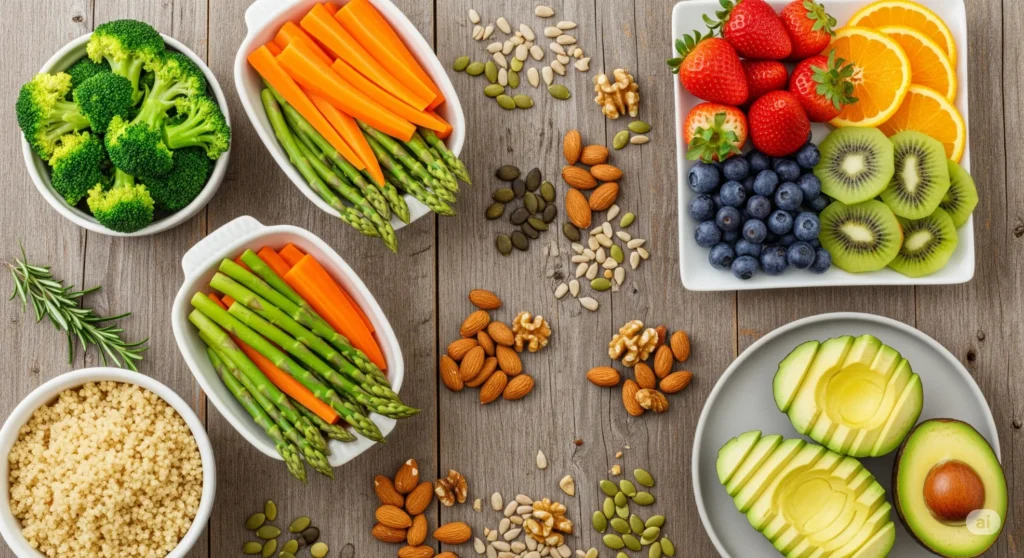
Section 1: What is a No-Oil Diet?
A no-oil diet is a way of eating that eliminates all refined oils, including vegetable oils, seed oils, and even so-called “healthy” oils like olive or coconut oil. Instead, the focus is on whole plant-based fats:
- Avocados
- Olives (whole, not pressed)
- Nuts (almonds, walnuts, cashews)
- Seeds (chia, flax, sunflower, sesame)
- Nut and seed butters (without added oil)
This approach aligns with whole-food, plant-based (WFPB) eating, popularized by doctors such as Dr. Caldwell Esselstyn and Dr. John McDougall, who promote oil-free diets for preventing and reversing chronic diseases.
Why Avoid Oil?
Refined oils are highly processed, calorie-dense, and nutrient-poor compared to whole foods. A single tablespoon of oil contains about 120 calories with zero fiber and minimal micronutrients.
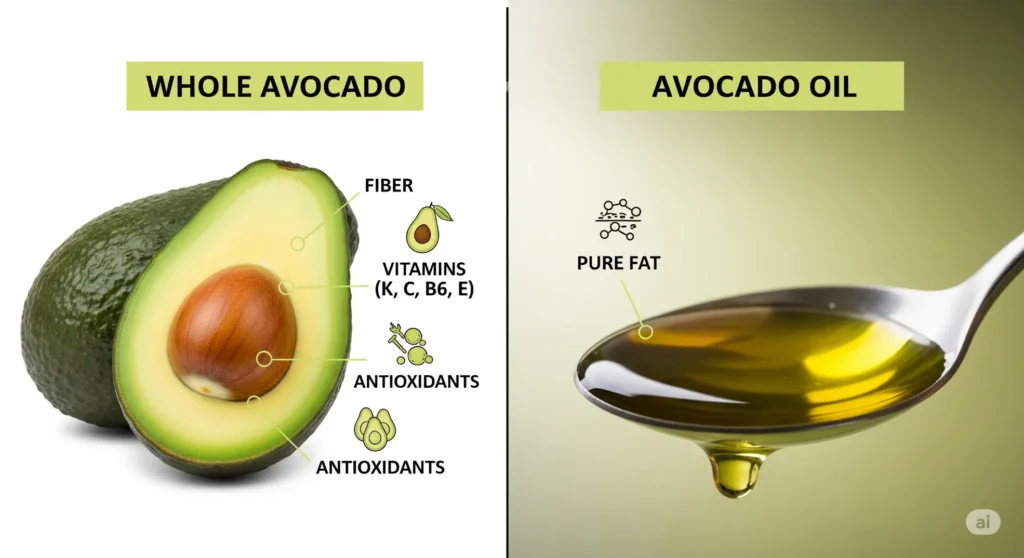
Section 2: The Detoxifying Effects of Going Oil-Free
1. Reduced Inflammation
Many oils—especially refined vegetable and seed oils—are high in omega-6 fatty acids, which, when consumed in excess, can trigger chronic inflammation. Cutting out these oils can help balance your omega-3 to omega-6 ratio, reducing inflammatory responses in the body.
2. Liver Health Support
The liver plays a central role in detoxification. High-fat processed oils can overload the liver, while a no-oil, plant-rich diet lightens the burden, allowing the liver to process toxins more efficiently.
3. Better Digestion
Without greasy, oily meals, digestion becomes more efficient. Food passes through the system with less strain, supporting gut microbiome diversity.
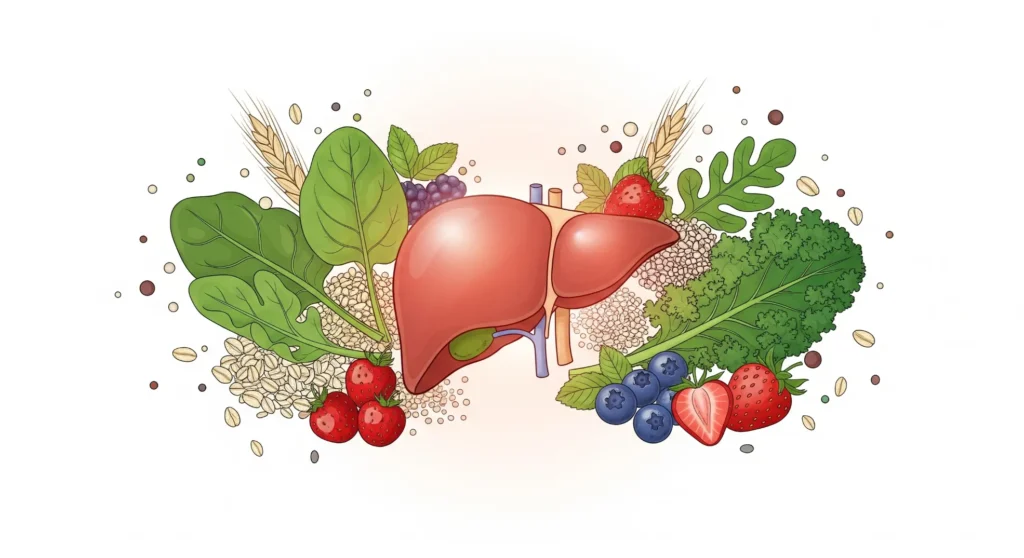
Section 3: Skin Clarity and Radiance from the Inside Out
Skin health is often a reflection of what’s going on inside the body. When people switch to a no-oil diet, many report:
- Fewer breakouts
- Reduced redness
- More even skin tone
- Natural glow
Why It Works
- Balanced Sebum Production – Excessive processed fats can lead to overproduction of sebum, clogging pores.
- Improved Blood Flow – Whole foods rich in antioxidants boost circulation, nourishing skin cells.
- Lower Inflammation – Reduced inflammatory fats mean calmer skin.
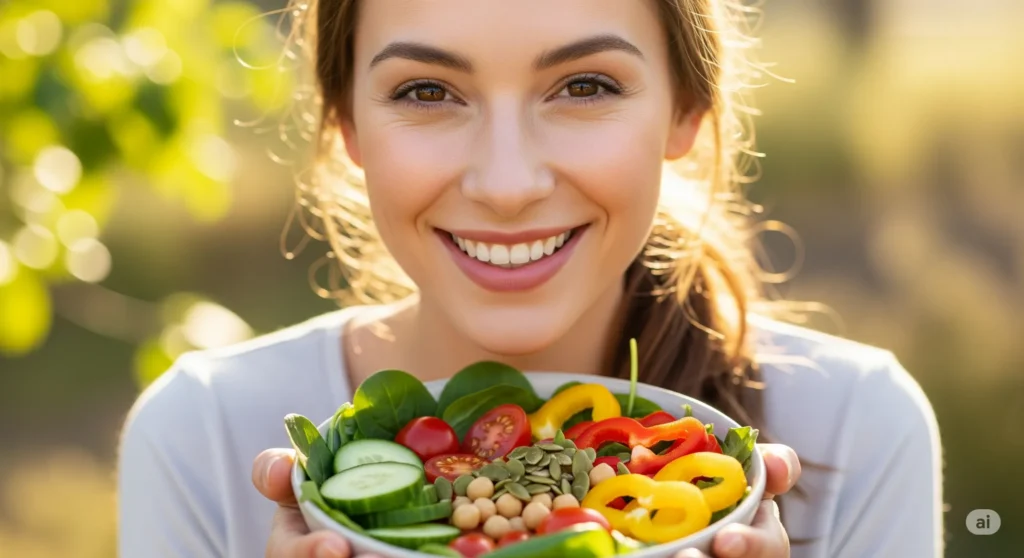
Section 4: Heart Health Benefits of Eliminating Oils
The heart is one of the biggest beneficiaries of a no-oil diet. Decades of research suggest that refined oils—especially those high in saturated and trans fats—can contribute to arterial plaque buildup.
Key Benefits for the Heart:
- Lower LDL Cholesterol – No-oil diets avoid foods that raise bad cholesterol.
- Improved Artery Function – Whole plant foods maintain better endothelial function.
- Blood Pressure Control – High-antioxidant, low-fat diets support healthy blood pressure.
Case Study:
Dr. Esselstyn’s heart disease patients on an oil-free diet showed regression of arterial plaque over time, something rarely seen with standard diets.
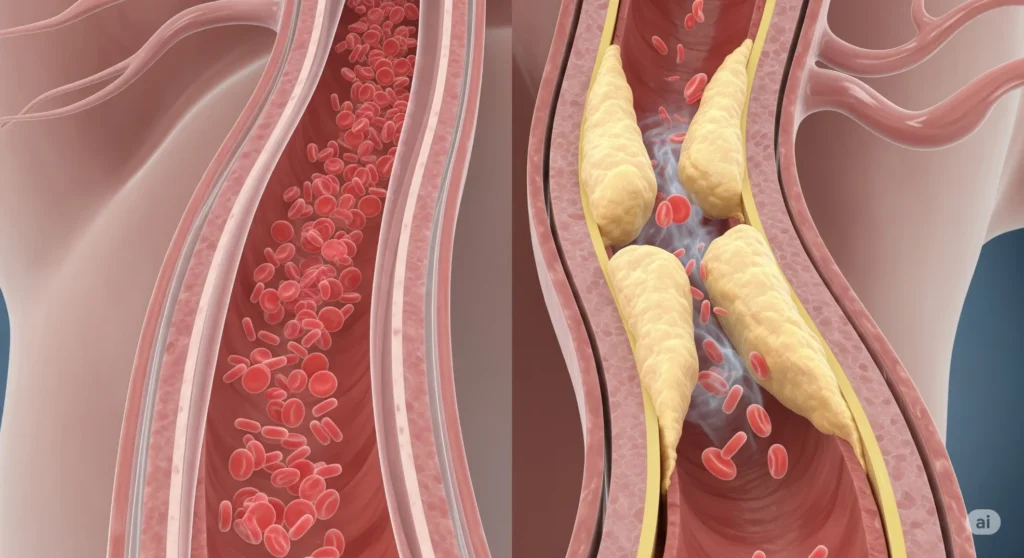
Section 5: Myths and Misconceptions About the No-Oil Diet
Myth 1: You Need Oil for Absorbing Nutrients
Truth: You need fat, not oil. Whole-food fats like nuts and avocado provide the same benefit without the drawbacks.
Myth 2: Olive Oil is Always Healthy
Truth: While less harmful than other oils, it’s still 100% pure fat with no fiber or protein. Excessive use can hinder weight loss and heart health goals.
Myth 3: No-Oil Means No Flavor
Truth: Herbs, spices, citrus, and whole-food dressings (like tahini-lemon blends) can make meals incredibly flavorful.
Section 6: How to Transition to a No-Oil Diet
Switching overnight may be challenging, so gradual changes help.
Step-by-Step Transition:
- Stop Buying Refined Oils – If it’s not in the house, you won’t use it.
- Learn Oil-Free Cooking Methods – Steam, bake, grill, sauté with water or broth.
- Replace Oil in Baking – Use applesauce, mashed bananas, or nut butters.
- Get Your Fats from Whole Sources – Avocado toast instead of buttered toast.

Section 7: Oil-Free Cooking Inspiration
Oil-Free Salad Dressing Idea:
- 2 tbsp tahini
- 2 tbsp lemon juice
- 1 tsp maple syrup
- Water to thin
- Herbs to taste
Oil-Free Stir Fry:
- Use low-sodium veggie broth for sautéing
- Add fresh garlic, ginger, and chili for flavor
- Toss in vegetables and tofu
- Finish with sesame seeds
Section 8: Possible Challenges and How to Overcome Them
- Social Situations: Bring your own dish or eat beforehand.
- Eating Out: Request meals “cooked without oil” and choose steamed or grilled options.
- Taste Adjustment: It takes 2–3 weeks for your palate to fully adapt to oil-free flavors.

Section 9: The Long-Term Outlook
Adopting a no-oil diet isn’t a short-term cleanse—it’s a sustainable lifestyle choice for those who value long-term health. Over time, benefits compound:
- Weight stabilizes
- Energy levels rise
- Chronic disease risks drop
- Skin and digestion improve
This approach aligns with longevity diets from regions like Okinawa, Japan, and rural Mediterranean areas—where whole foods are favored over processed oils.
Conclusion
The rise of no-oil diets is not just another wellness fad—it’s part of a growing shift toward whole, nutrient-dense eating that prioritizes natural sources of fats. By eliminating refined oils, people are discovering detoxifying benefits, radiant skin, and stronger heart health—all while enjoying delicious, satisfying meals.
In a world where processed food is the norm, going oil-free is a radical yet deeply natural way to reclaim your health.

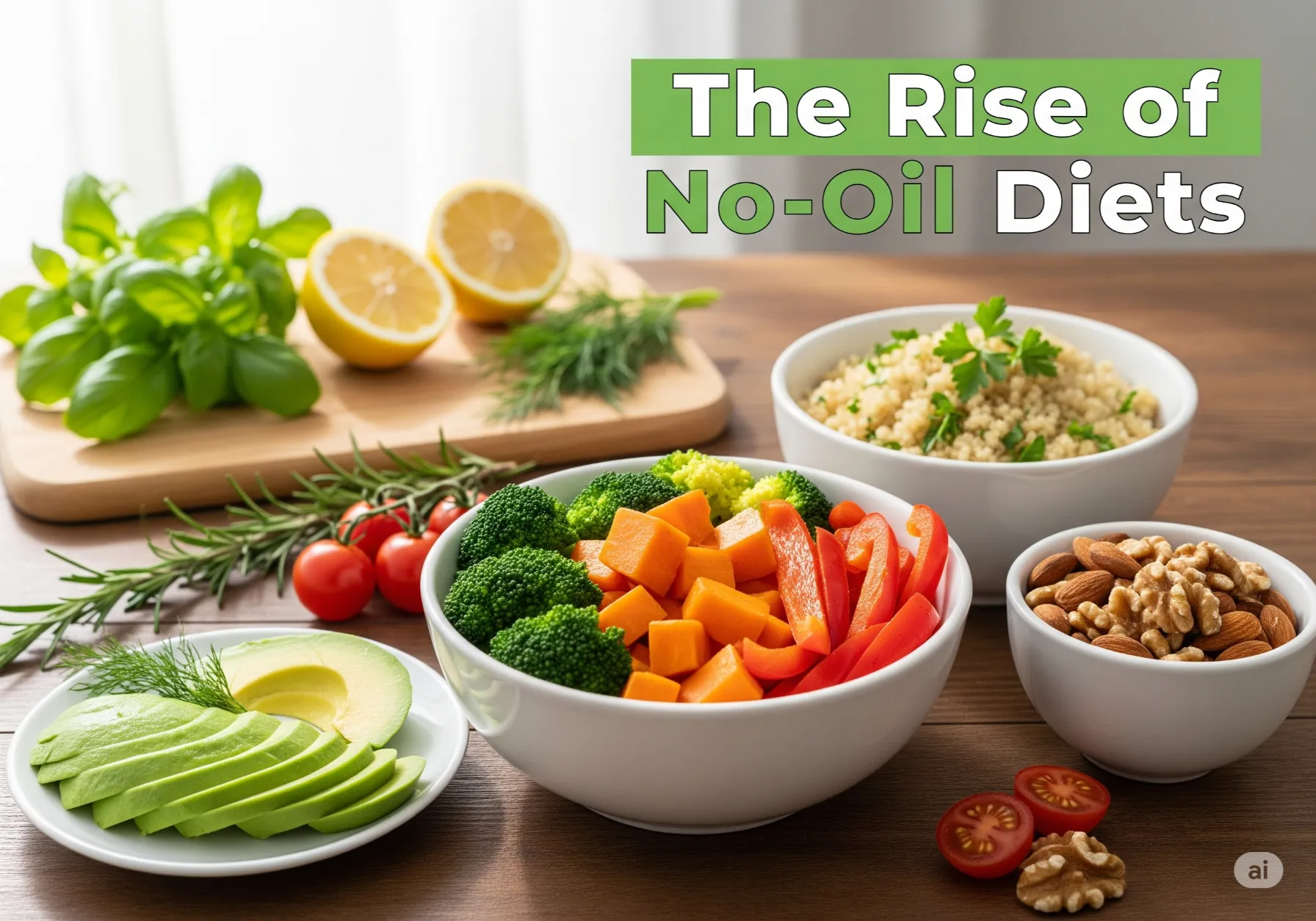

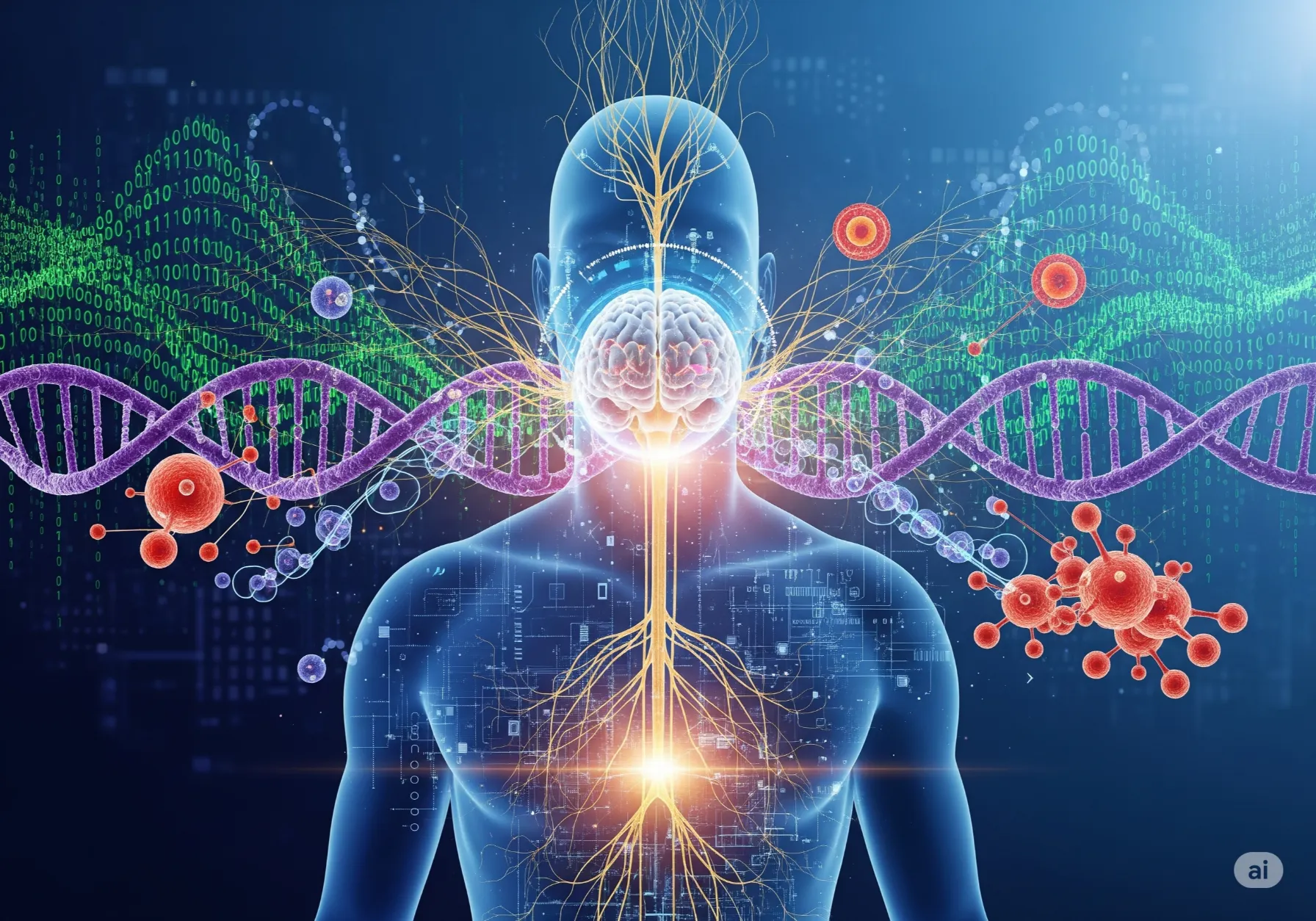




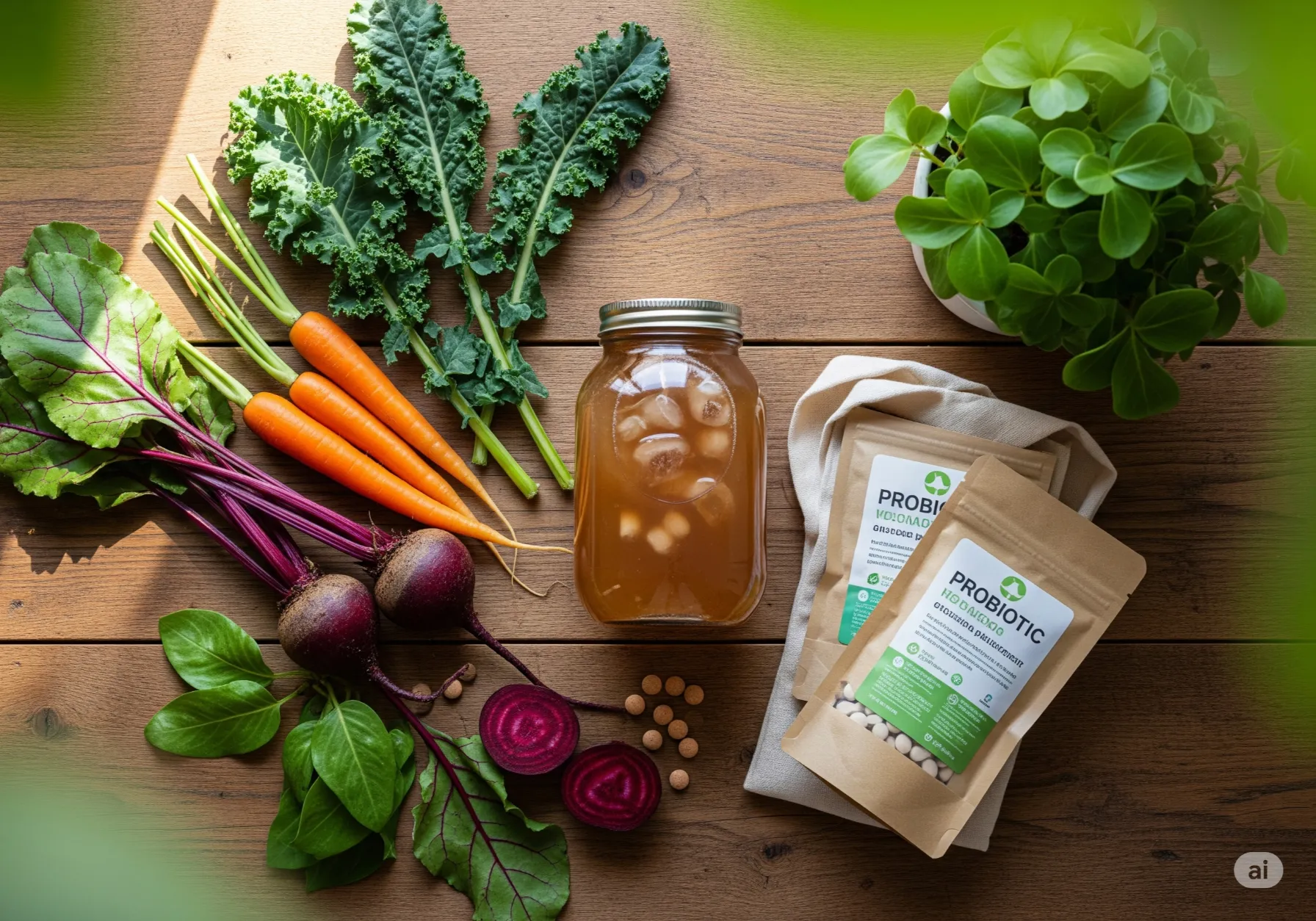
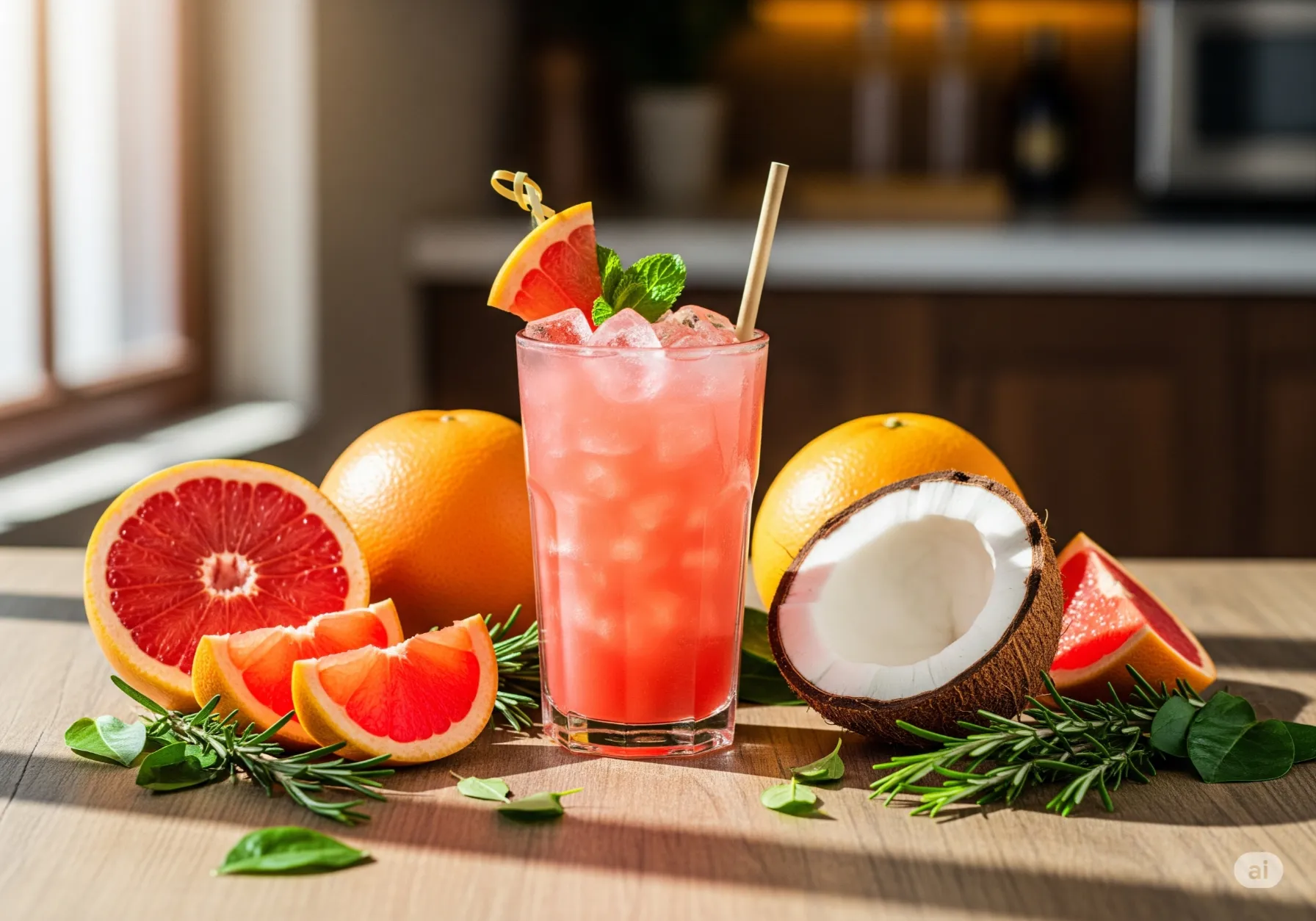



Leave a Reply